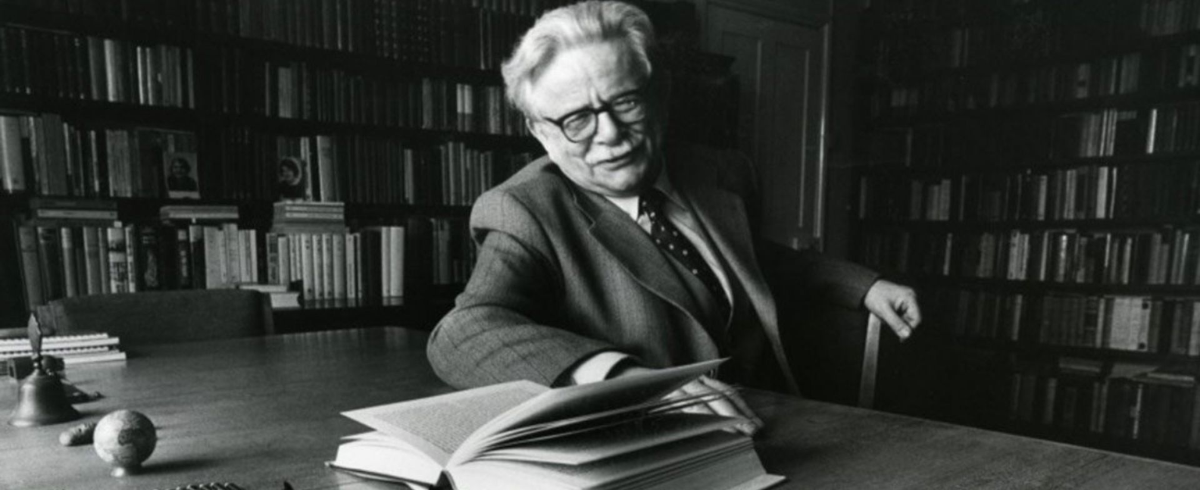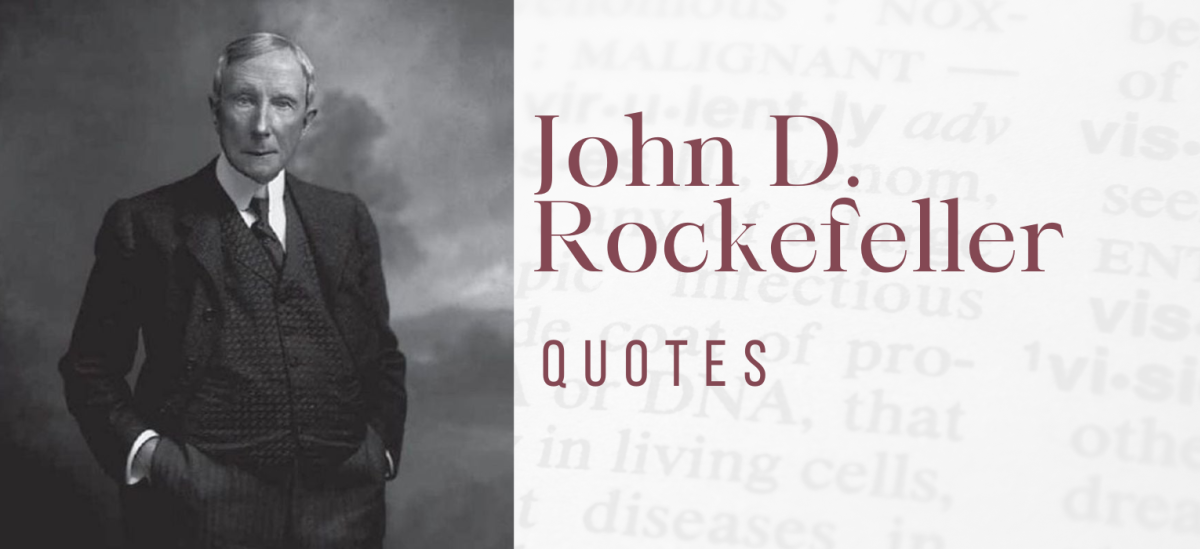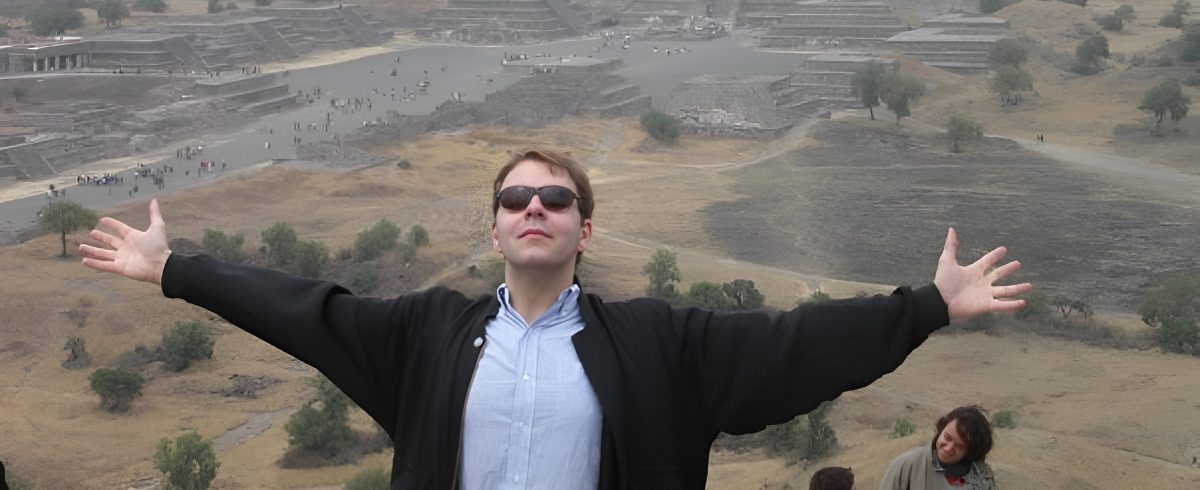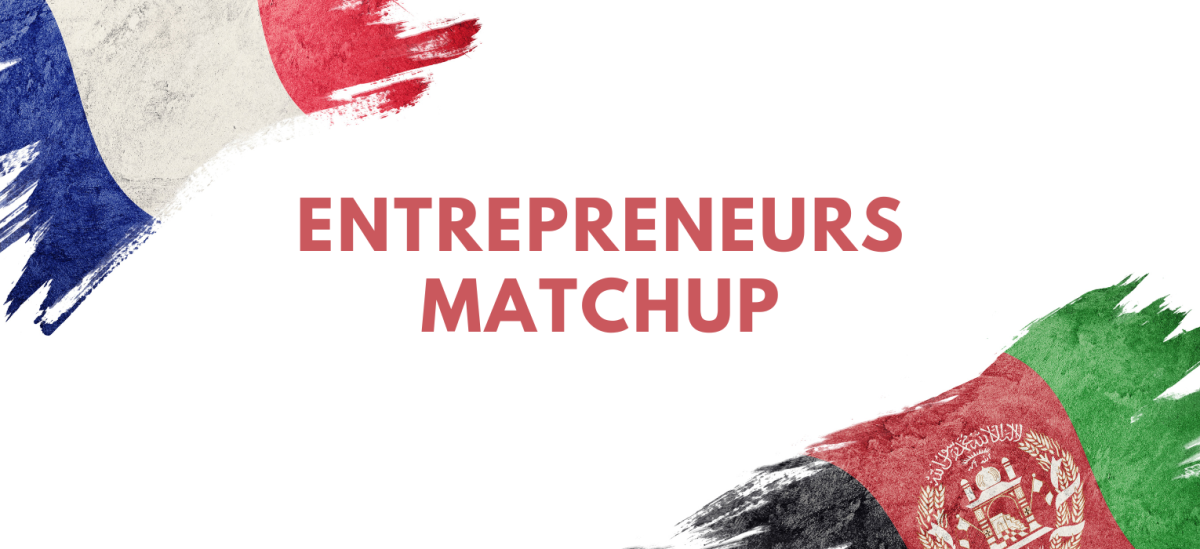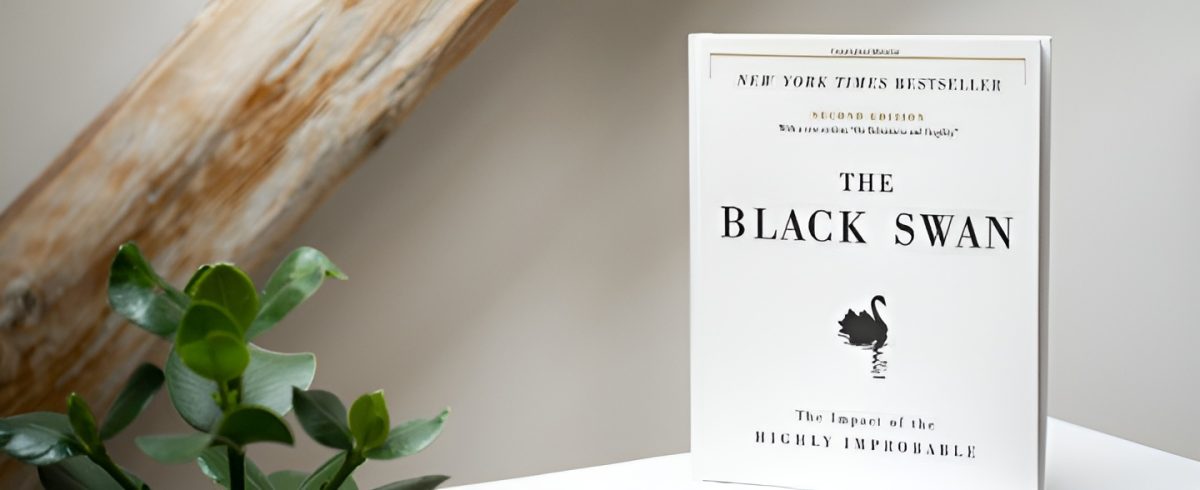Patience:
All the while, John Rockefeller, with the dogged patience
that would defeat scores of embattled competitors, waited
determinedly in the wings. …
Rockefeller succeeded because he believed in the longterm
prospects of the business and never treated it as a mirage that
would soon fade.
Thrift:
Again, like Weber’s ideal capitalist, "he avoids ostentation and
unnecessary expenditure, as well as conscious enjoyment of his
power, and is embarrassed by the outward signs of the social
recognition which he receives.”
By avoiding talk of money as unbecoming, Rockefeller concealed
from his children the magnitude of his fortune. When Bessie [daughter]
enrolled at Vassar in the mid-1880s … she went on a shopping
expedition with some classmates to purchase a Christmas present
for a favorite teacher. At a Manhattan store, they found the
perfect gift: a $100 desk. Since Bessie and her companions
had only $75, they asked the merchant if he could wait a few
days for the remaining $25. He agreed to do so if a New York
businessman would vouch for them. "My father is in business,”
Bessie offered meekly. "He will vouch for us.” Who is your
father? asked the man. "His name is Mr. Rockefeller,” she
said. "John D. Rockefeller; he is in the oil business.”
The merchant gasped. "John D. Rockefeller your father!” When
he agreed to ship the furniture, Bessie imagined he had merely
changed his mind to please them.
Dislike of show-offs:
Rockefeller and Morgan were antithetical types, offering a
vivid contrast between the ascetic and the sybarite, the Roundhead
and the Vavalier. As the chieftain of the Anglo-American
financial establishment, the wellborn Morgan, expensively
educated in America and Europe, was a consummate insider in
the business world. … Blustery and theatrical, Morgan was
impetuous and hot-blooded… At his headquarters at 23 Wall
Street, he often seemed harried, ruling by brilliant snap
judgements. Fond of luxury, Morgan inhabited the world of the
ultrarich, with their gargantuan cigars, fine port, and
oversized steam yachts.
For Rockefeller, Morgan embodied all the sins of pride, luxury,
and arrogance. When they first met … they took an instant
dislike to each other.
[Rockefeller’s] retirement was equally remarkable for its
omissions. For instance, he lacked the wanderlust that infected
other rich men, such as J.P. Morgan, in their later years. He
never collected art or exploited his wealth to broaden his
connections or cultivate fancy people. … He showed no interest
in old-money clubs, parties, or organizations. … When someone
expressed surprise to Rockefeller that he had not gotten a
big head, he replied, "Only fools get swelled up over money.”
Comfortable with himself, he needed no outward validation of
what he had accomplished. We can criticize him for lack of
imagination, but not for weakness.
True philanthropy (as opposed to self aggrandization in the guise of philanthropy):
Before Rockefeller came along, rich benefactors had tended
to promote pet institutions (symphony orchestras, art museums,
or schools) or to bequeath buildings (hospitals, dormatories,
orphanages) that bore their names and attested to their
magnanimity. Rockefeller’s philanthropy was more oriented
toward the creation of knowledge, and if it seemed more
impersonal, it was also far more pervasive in its effect.


